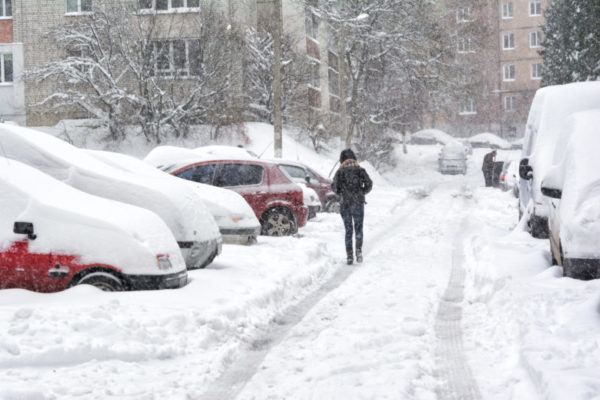Home Energy Solutions: Installing Solar Panels in Central New Hampshire
Installing solar panels helped Melissa and her husband slash their energy bills – and also reduced their family’s carbon footprint.
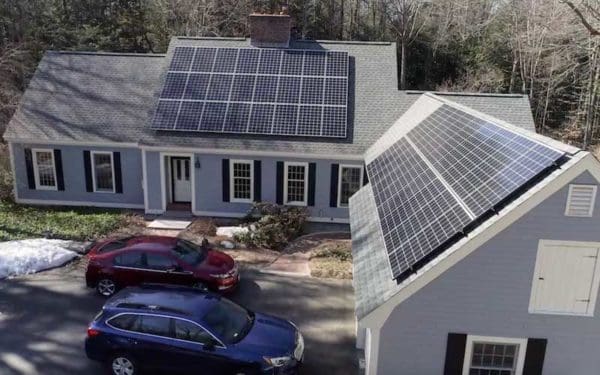
Installing solar panels helped Melissa and her husband slash their energy bills – and also reduced their family’s carbon footprint.

Ever winter, as the cold rolls in and New Englanders turn up their heat, the gas industry starts calling for more pipelines. But if we want to avoid a climate catastrophe, we need to end fossil fuel use—including the use of fracked gas—by 2050 at the very latest.
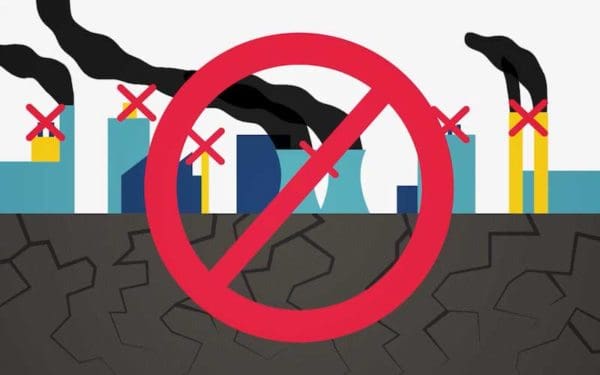
Nearly 30% of climate-damaging emissions nationwide come from transportation. Switching to electric cars and powering them with clean energy like solar and wind will slash our emissions and help us avoid the worst effects of climate change.
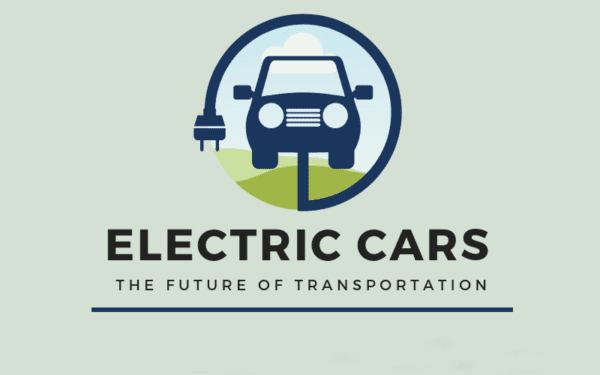
CLF’ers Elena Mihaly and Tom Irwin show that you don’t have to live in a major city, or even on a paved road, to benefit from driving an electric car.
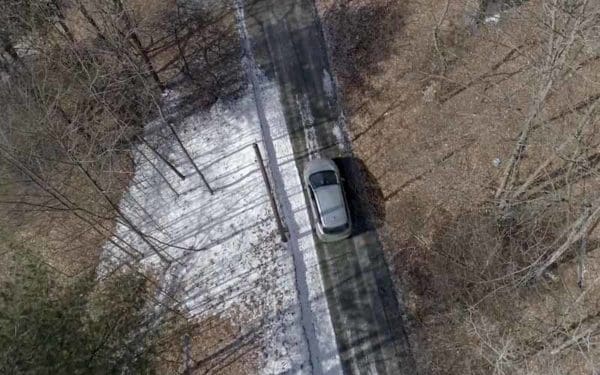
Late last month, Invenergy – the Chicago-based energy company that’s been trying to build a fossil fuel power plant in the forests of Burrillville, Rhode Island since 2015 – was denied a key permit it needs to start construction. This was a victory for CLF, for the people of Burrillville, and for everyone in New England.
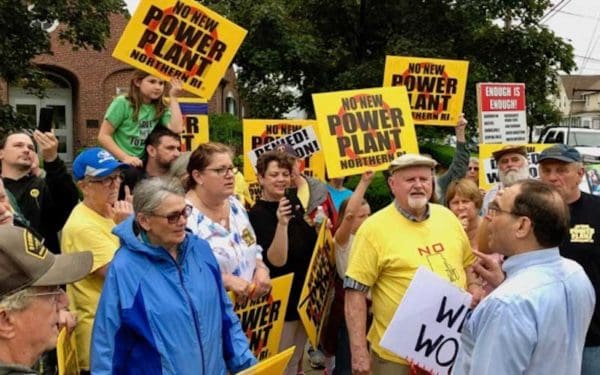
Here in New England, we rely too much on fracked gas to heat and power our homes and businesses. If we want to avoid a climate catastrophe, we need to end fossil fuel use by 2050.
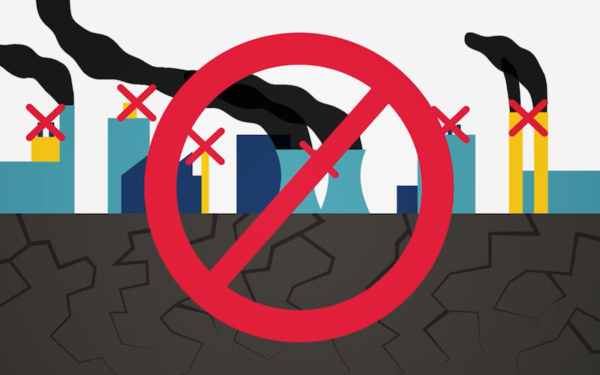
Since Sean Mahoney, CLF’s Executive Vice President, and his wife put a rooftop solar panel system on their barn, they’ve noticed a huge difference in their energy bills. All told, their annual energy costs have decreased by up to 80 percent! For the Mahoneys, installing solar panels was about both saving money on electricity and about reducing their carbon footprint.
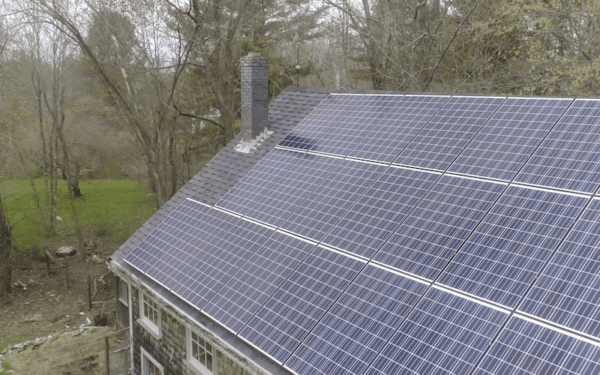
CLF’ers Elena Mihaly and Tom Irwin show that an electric car is the perfect commuting solution for New Englanders.
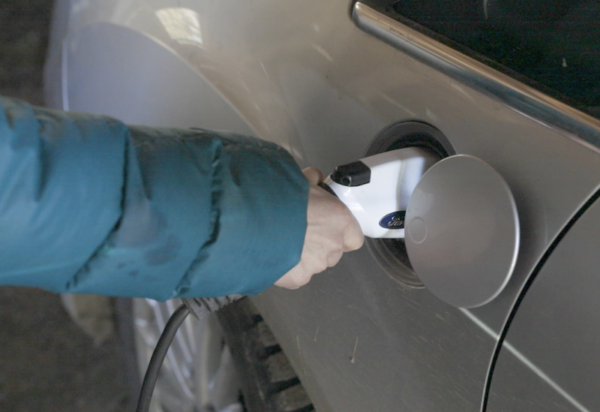
It’s hardly news that temperatures in New England drop below freezing in winter. But as CLF has long argued, we have plenty of fuel to get through even the coldest winters unscathed, without footing the bill for a polluting new pipeline. And on top of that, if we want to avoid the most devastating effects of climate change, we must stop using dirty fuels like gas altogether.
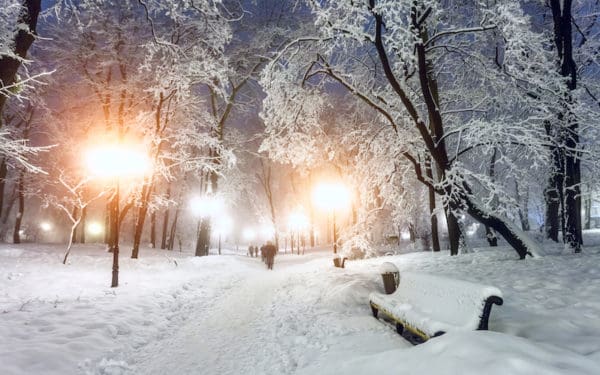
Global climate change has real effects here at home, including creating more intense winter storms. Try these practical ways to stay warm at home while reducing your energy costs.
